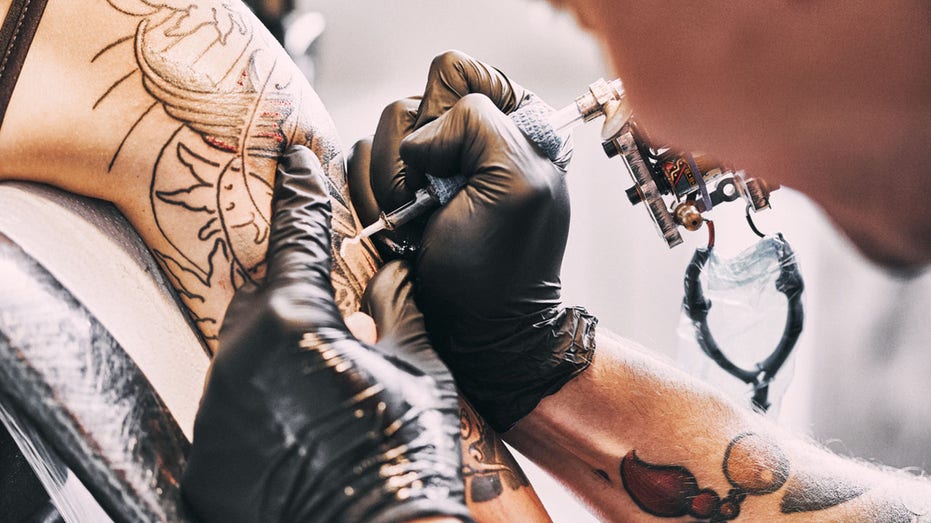Chronically ill Ukrainians in occupation face loss of free medication access without Russian citizenship
Russia's new policy, set to take effect in 2025, affects all medical categories, including chronic conditions like diabetes and asthma.


Russia has announced that, starting in 2025, residents of occupied Ukrainian territories must have Russian passports to receive free prescription medications needed for those with chronic illnesses, according to the Eastern Human Rights Group.
The new rules stipulate that to receive free medications, medical devices, and specialized therapeutic nutrition products, individuals must meet several criteria. These include holding a Russian passport, being registered for medical supervision, and being listed in the registry of citizens entitled to free medication provision. Registration in this registry is carried out at the local polyclinic after a medical appointment and being placed under medical supervision.
To obtain free medications under the new system, residents will need to:
- Possess a Russian passport
- Be registered for medical supervision and listed in the registry of citizens entitled to free medication
- Obtain a prescription from a doctor at their local polyclinic
This policy change raises significant concerns about access to essential healthcare for residents of occupied territories who do not hold or wish to obtain Russian citizenship. Particularly vulnerable are those with chronic conditions that require regular medication, such as diabetes and asthma patients.
Related:
- Ukraine reports 88 West Nile virus cases with 11 deaths since July 2024
- Polish Sejm condemns Russia’s abduction of Ukrainian children in new resolution
- WHO: Ukraine’s healthcare facilities suffer 1,301 attacks over full-scale war
- Health Ministry: Ukraine restores 410 hospitals out of 1,500 damaged by Russia
- Ukrainians in occupied territories face healthcare denial without Russian passports
- FT: Ukrainian children deported to Russia listed on adoption websites with false identities
- UK intel: Russia threatens to deport Ukrainians without Russian passports from occupied areas



